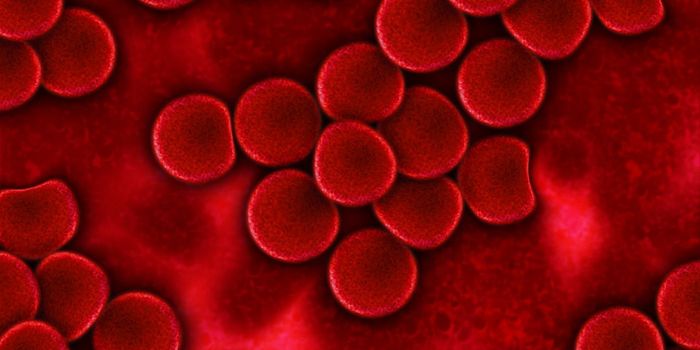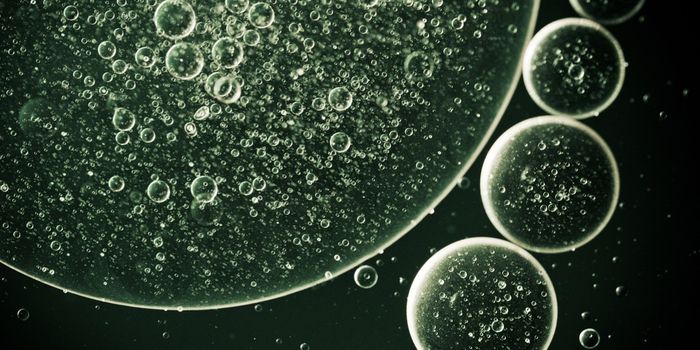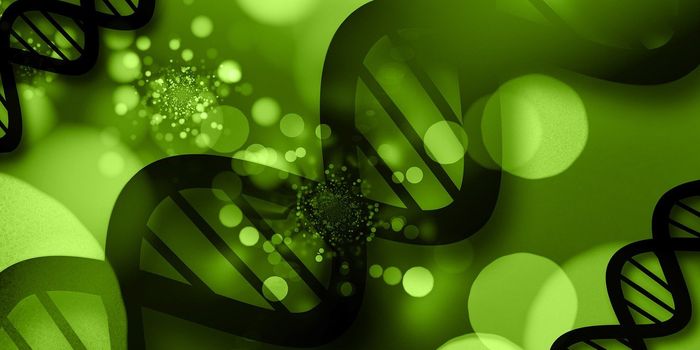Horseradish isn’t exactly the most visually enchanting of spices. Far from being beautiful like the saffron flower, the horseradish root is gangly and unassuming. But similar to the saffron, scientists have now identified a
cancer-fighting compound in this spicy root.
The horseradish originated in the Mediterranean and arrived to the America in the 1600s. Supposedly, the eccentric name of the spice derived from the English confusion of the the German name,
meerrettich. In German,
meer is sea, and
rettich is root; thus,
meerrettich literally translates to “sea root.” Englishmen confused “meer” with “mare,” and Americans further simplified “mare” to horse, hence the current name of horseradish.
Many people are familiar with horseradish as a condiment mixer – a touch of this spice can transform ordinary ketchup to a cocktail sauce worthy of the finest seafood or steak. But while its unique “heat” makes the root popular among chefs, horseradish has also been prized for its medicinal purposes. Horseradish was used to treat colds, respiratory problems, and even kidney stones and urinary tract infections. Now, researchers are adding cancer to this list of medicinal properties.
"We knew horseradish had health benefits, but in this study, we were able to link it to the activation of certain detoxifying enzymes for the first time," said Mosbah Kushad, University of Illinois crop scientist, and senior study author.
Leading a team of researchers, Kushad focused on a chemical compound that’s highly abundant in horseradish: glucosinolates. This compound is found at 10 times higher in horseradish than even the superfood broccoli.
In the study, Kushad found that the breakdown of glucosinolates activated enzymes that help clean out cancer-causing free-radicals in the body. In effect, breakdown of glucosinolates detoxifies cancer-causing molecules.
They also further found that different strains of horseradish had varying anti-cancer potential. "There was no information on whether the USDA grade of the horseradish root is associated with cancer preventive activity, so we wanted to test that," Kushad said. They found that higher-grade U.S. Fancy strains had higher glucosinolates than other strains.
But of course, "No one is going to eat a pound of horseradish," Kushad admitted. He further noted that a teaspoon might be sufficient quantity to reap the anti-cancer benefits of horseradish. This is, in part, due to the fact that the body can absorb nearly 90 percent of the pungent spice.
Additional source:
Science Daily









